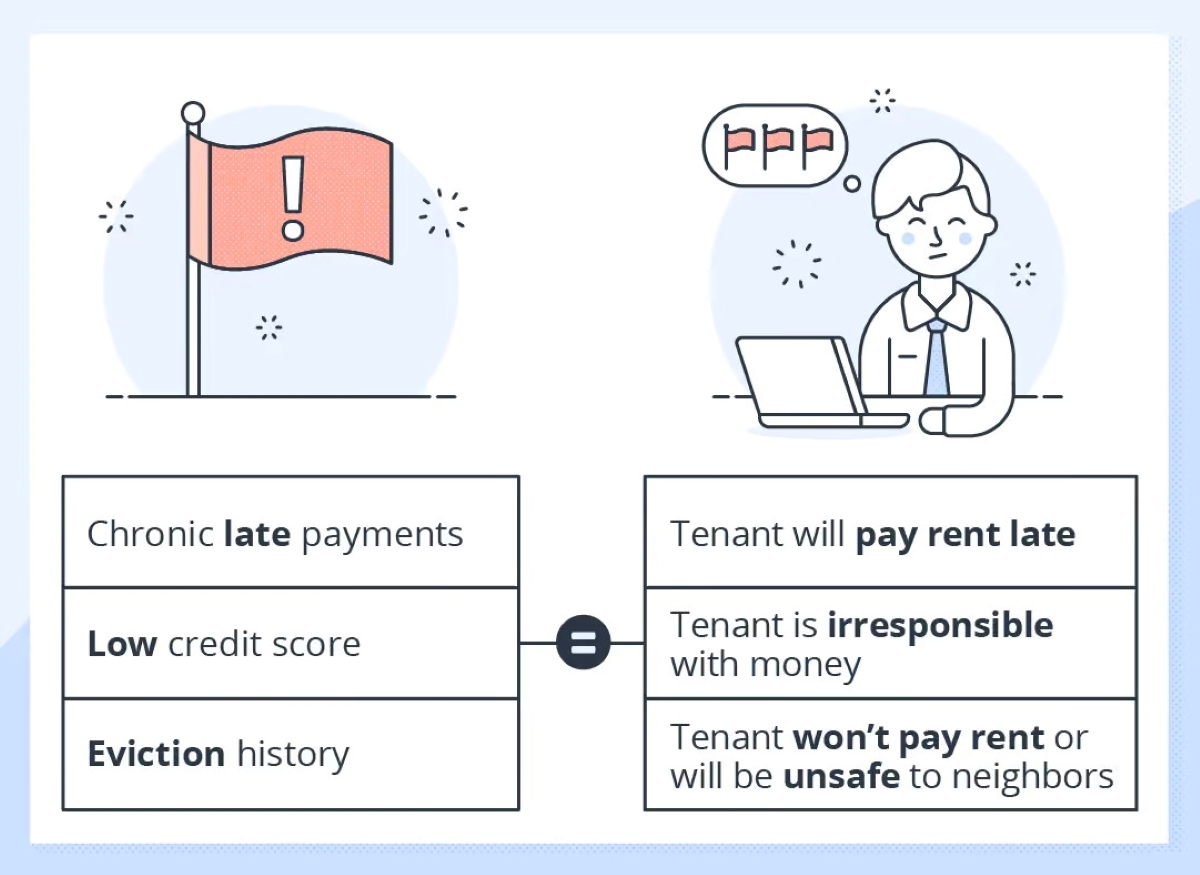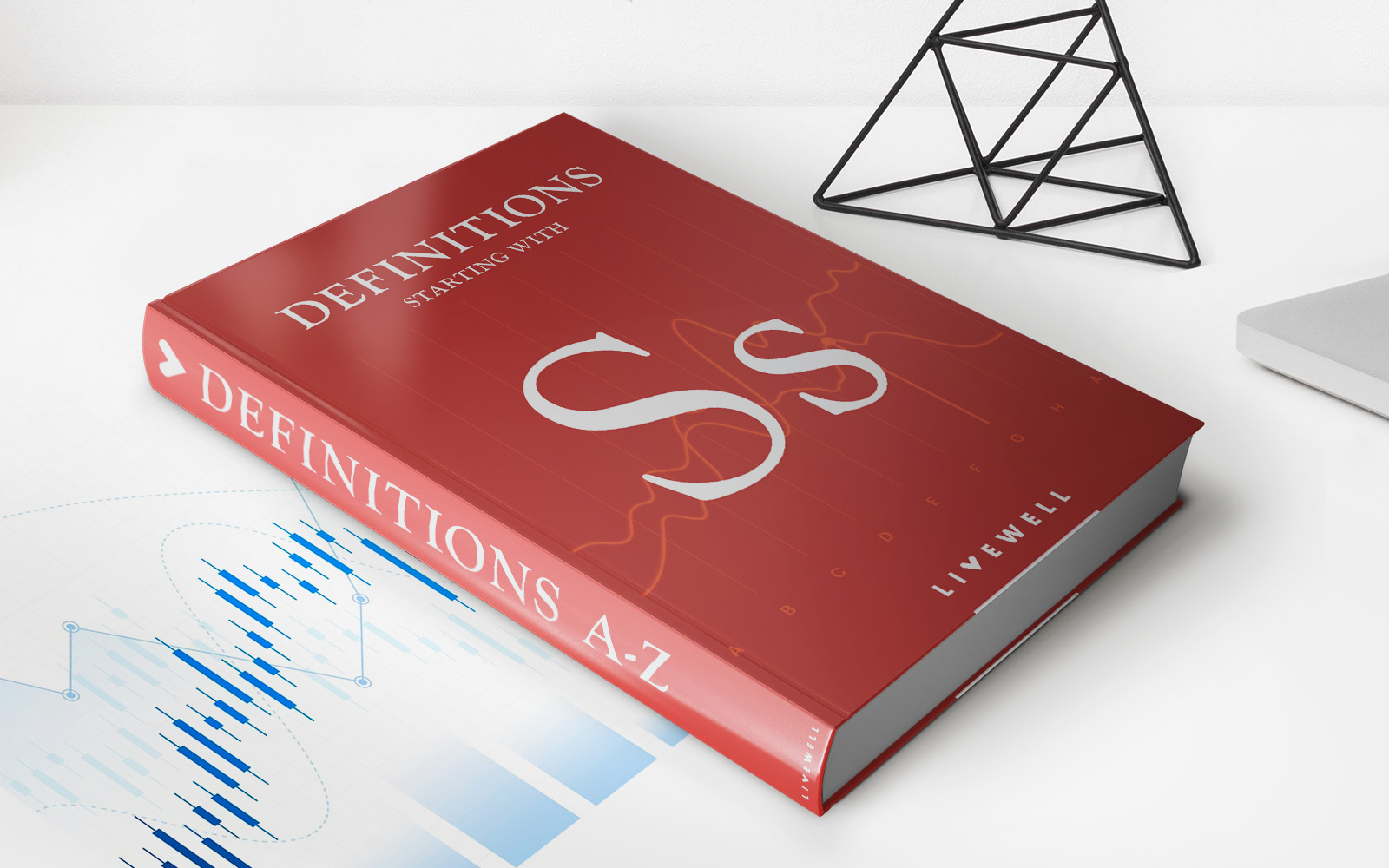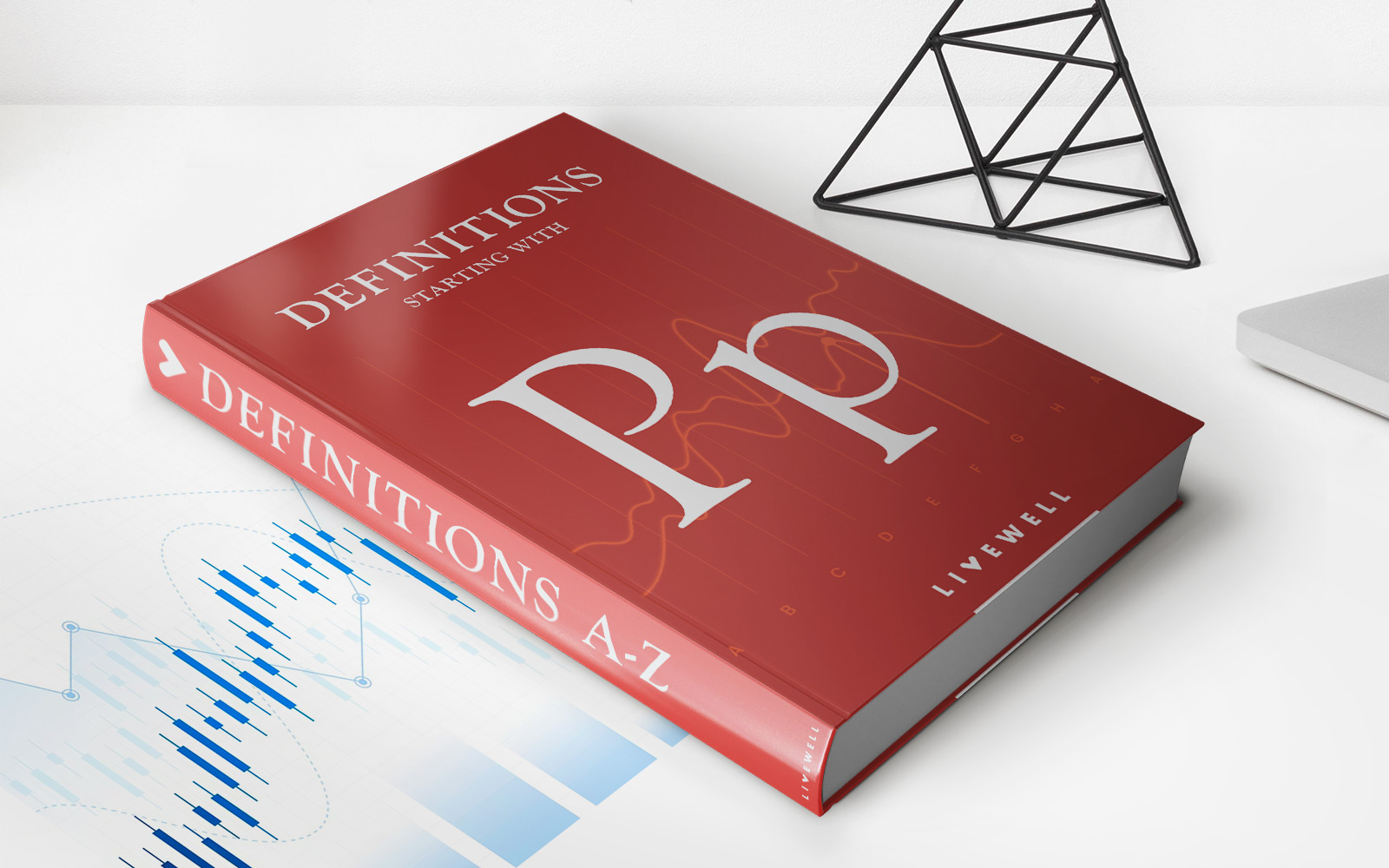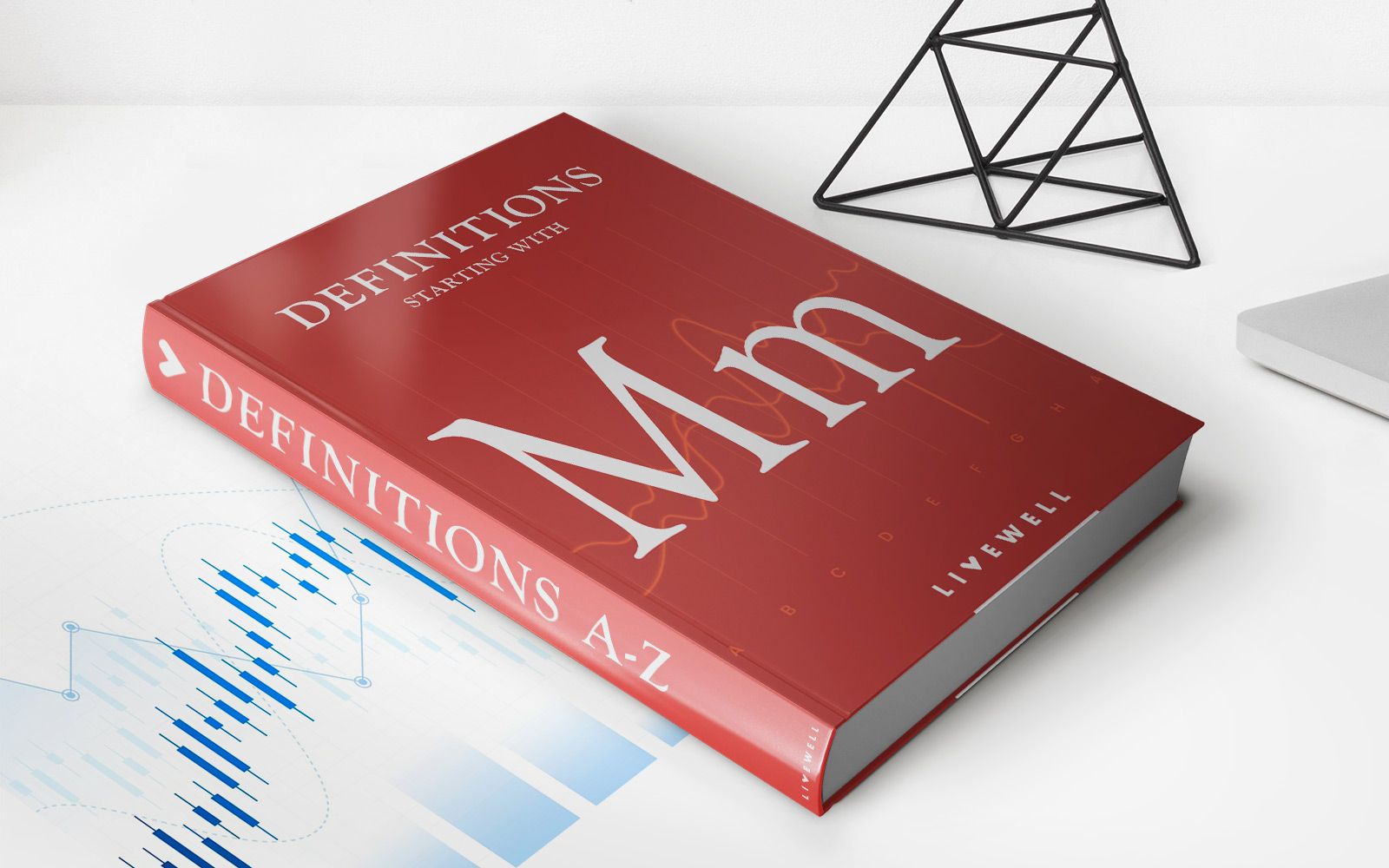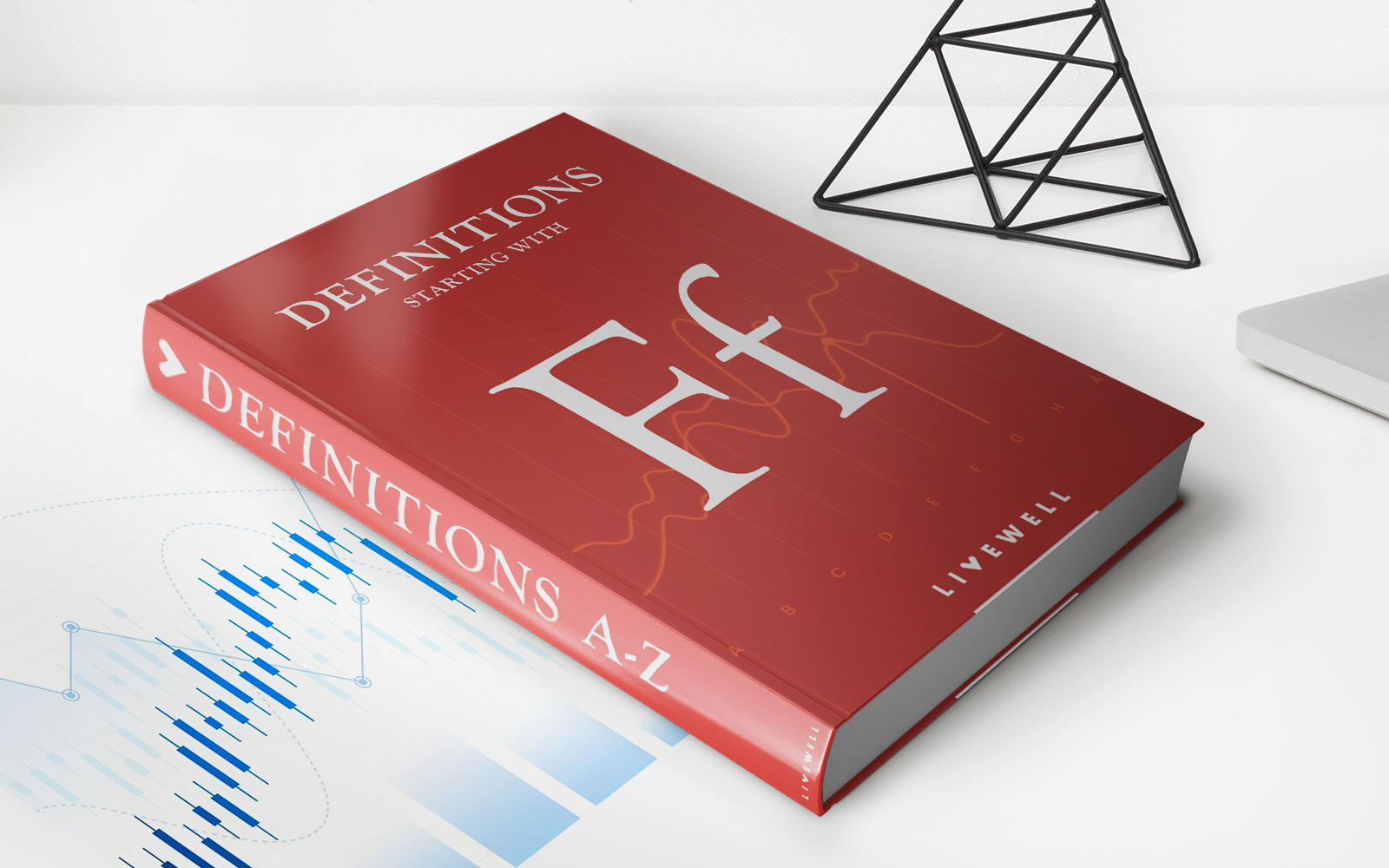

Finance
Fed Pass Definition
Published: November 22, 2023
Learn the meaning of Fed Pass in finance and how it impacts the economy. Discover its significance in the financial sector and its implications for monetary policy.
(Many of the links in this article redirect to a specific reviewed product. Your purchase of these products through affiliate links helps to generate commission for LiveWell, at no extra cost. Learn more)
Understanding Fed Pass Definition: A Key Aspect of Finance
Finance is a complex field with various terms and concepts that can often be overwhelming. One such term that is essential to comprehend is the Fed Pass. But what exactly does it mean? In this blog post, we will delve into the definition and significance of Fed Pass, shedding light on this crucial aspect of finance.
Key Takeaways:
- Fed Pass is a financial transaction involving the Federal Reserve Bank assisting in the buying and selling of government securities.
- It plays a vital role in regulating the money supply in the economy, influencing interest rates and maintaining stability.
What is Fed Pass?
The term “Fed Pass” refers to a financial transaction involving the Federal Reserve Bank assisting in the buying and selling of government securities. In simple terms, it is an arrangement that allows the Federal Reserve to impact the money supply in the economy.
When engaging in a Fed Pass, the Federal Reserve buys government securities from financial institutions, injecting money into the economy. Conversely, when the Federal Reserve sells these securities back to financial institutions, it withdraws money from circulation.
Why is Fed Pass Important?
The significance of Fed Pass lies in its role in regulating the money supply, influencing interest rates, and maintaining financial stability. Here are a few reasons why it is important:
- Money Supply Regulation: By engaging in Fed Pass transactions, the Federal Reserve can control the amount of money circulating in the economy. This ability allows them to respond to changing economic conditions and implement monetary policies that affect borrowing costs and economic growth.
- Interest Rate Impact: The Federal Reserve’s buying or selling of government securities in Fed Pass transactions has a direct impact on interest rates. When the Fed buys securities, it increases demand and drives prices up, leading to lower interest rates. Conversely, when the Fed sells securities, it reduces demand and pushes prices down, resulting in higher interest rates.
- Financial Stability: By actively participating in Fed Pass, the Federal Reserve can promote stability in the financial system. It can intervene during periods of economic turmoil, injecting liquidity or removing excess money supply to maintain the smooth functioning of the markets.
Conclusion
Understanding the concept of Fed Pass is essential for anyone interested in finance. It is not only a technical term but also a mechanism that influences the economy and financial markets. By regulating the money supply, impacting interest rates, and ensuring financial stability, the Federal Reserve plays a vital role through Fed Pass transactions. By grasping this key aspect of finance, individuals can gain a deeper insight into the interplay between central banks and the broader economy.
